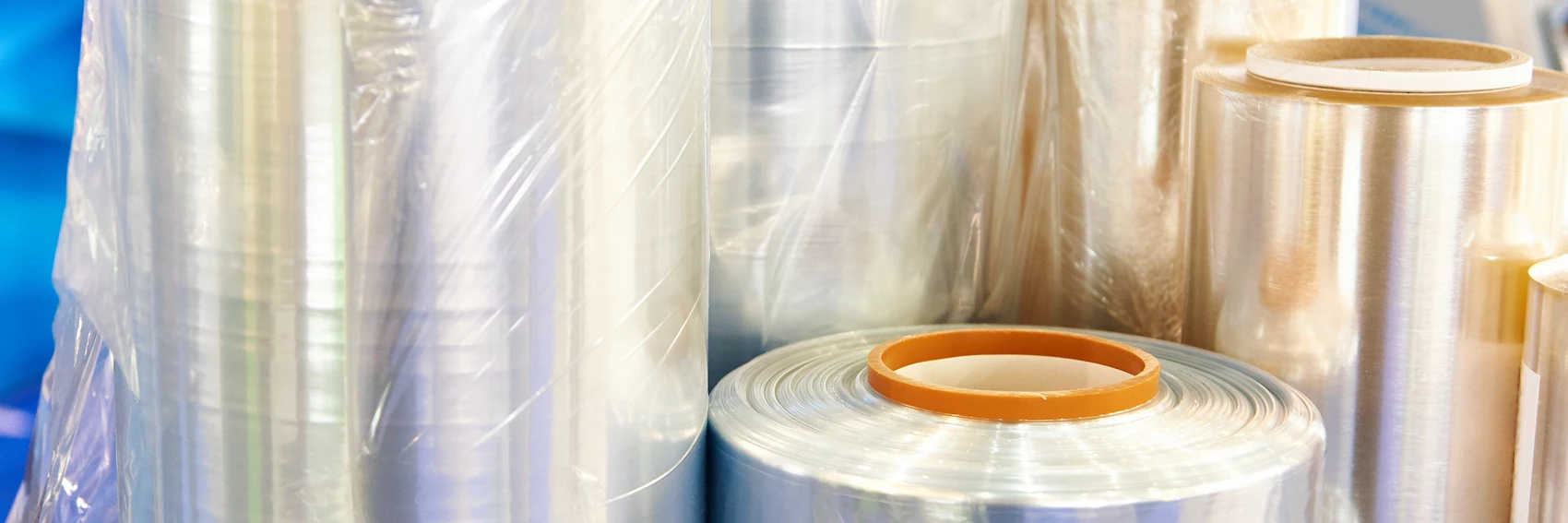In e-commerce and retail, packaging is crucial. It protects products during transport, enhances the customer experience, and is arguably just as important as the product itself. However, the use of plastic packaging carries a stigma, often suggesting brands are indifferent to sustainability.
This creates a significant challenge for businesses. While plastic might be the best material for certain products, the pressure for brands to be 100% plastic-free and sustainable is immense. Especially when greenwashing accusations are a real threat, as evidenced by global apparel brands being called out on social media with virtual pitchforks and flaming torches.
The reality is that the need to reduce plastic usage is urgent. UK households discard nearly 2.2 billion pieces of plastic packaging a week, and the government has increased the Plastic Packaging Tax by 3% from £210.82 per tonne to £217.85 per tonne in a bid to incentivise change.
It’s time for UK retailers to up their game, protect their brand reputation and reduce their carbon footprint by adopting a more sustainable approach to plastic packaging.
Balancing functionality and sustainability
A sustainable packaging strategy doesn’t happen overnight, and the key lies in balancing functionality with environmental impact.
For example, there’s no point in swapping plastic for compostable packaging if your products get damaged and your return rate increases. This leads to broken items in waste and excess transport to return and replace the items.
Instead, businesses must consider the entire lifecycle of their packaging materials, from production and use to disposal and recycling.
Material life cycle assessments
Conducting a life cycle assessment helps businesses understand the environmental impact of their packaging choices. This assessment considers factors such as resource extraction, manufacturing processes, transportation, usage, and end-of-life disposal. One such example is the use of cardboard or paper – if the materials used aren’t FSC-certified, organisations may be contributing to deforestation, the loss of biodiversity and more.
Educate consumers
Brands need to tell customers what to do with the packaging once they’ve received their products. From stating what parts are recyclable to coming up with innovative ways to use the packaging afterward (think QR codes linking to video tutorials on a website), educating consumers is key. Every package should have clear labelling and instructions to help consumers make environmentally friendly choices.
Think about the design
One of the biggest material wastes in packaging comes from poor packaging design. Investing in innovative packaging design can reduce material usage and waste. For instance, designing packaging that can be easily disassembled for recycling or using modular components that serve multiple purposes can minimise environmental impact.
Recycled plastic
Some situations require plastic, and for brands aiming to balance functionality with sustainability, recycled plastic is a great option. Unlike virgin plastic, which is produced directly from petrochemicals, recycled plastic is made from reprocessed plastic materials. This reduces the demand for new plastic production and lowers the environmental footprint associated with manufacturing.
Additionally, if brands want to be exempt from the UK Government’s Plastic Packaging Tax (PPT), they must ensure the plastic packaging they’re manufacturing or importing into the UK contains at least 30% recycled material.
From voidfill airbags and polythene bags, to pallet wrap and lay flat tubing, the right packaging specialists can help you source recycled plastic packaging that aligns with your brand’s values while protecting your products and bottom line.
Alternatives to plastic
While recycled plastic is a step in the right direction, it is not the only solution. Especially if a brand has committed to being 100% plastic-free in the future. There are several other alternatives to plastic packaging that brands can consider:
- Biodegradable packaging: Made from materials such as cornstarch, mushroom mycelium, and seaweed, biodegradable packaging can decompose naturally in the environment, reducing landfill waste and pollution. However, certain types of packaging may only decompose under specific conditions.
- Paper and cardboard: FSC-certified cardboard and paper are great alternatives to plastic, especially when used with sustainable void-fill. They offer a versatile and sustainable option, especially for dry goods and non-perishable items. There’s also scope to make cardboard packaging ‘reusable’ for the customer.
- Glass: While heavier and more fragile than plastic, glass is 100% recyclable and can be reused multiple times without loss of quality. It is ideal for products that require a higher level of protection and preservation.
- Metal: Aluminium and tin are commonly used for packaging food and beverages. They are highly recyclable and offer excellent durability and protection.
- Compostable packaging: Compostable materials break down into non-toxic components that can safely return to the soil. This type of packaging is particularly useful for food items and organic products.
The path to sustainability in packaging involves a multifaceted approach. At Titan Packaging, we’ve got a wealth of experience in helping global retailers and e-commerce brands revolutionise their packaging strategy so that they can safely transport their products and provide the best customer experience possible.
Get in touch if you’d like to discuss sustainable packaging for your brand.

